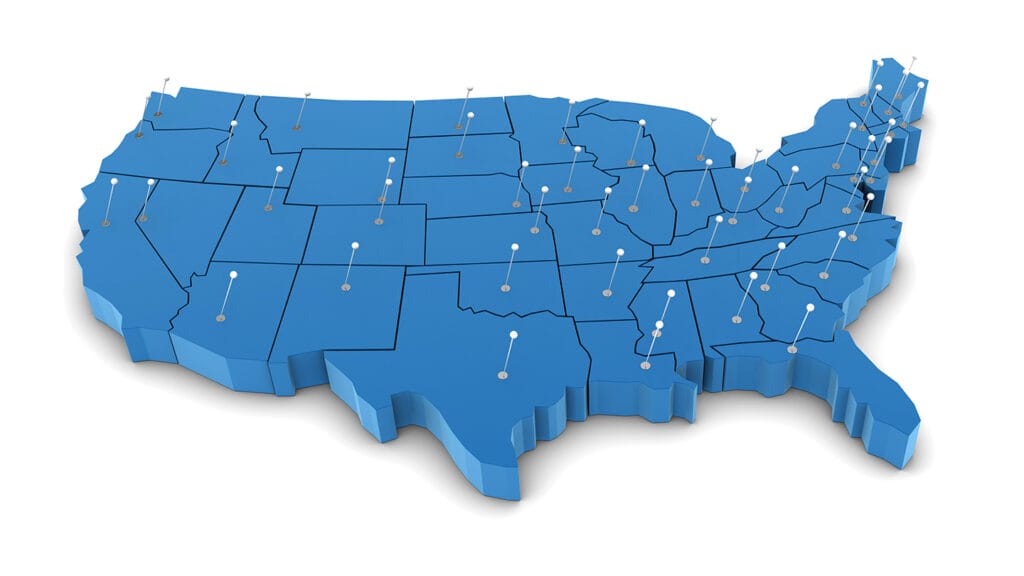
A nonprofit watchdog group is raising a red flag over private equity’s growing role in home health and hospice services. In a recent report, the Private Equity Stakeholder Project said for-profit home health and hospice agencies have been linked to lower standards of care, fewer patient visits, higher hospitalization rates and poorer pay than their nonprofit counterparts.
“Private equity’s increased involvement in for-profit home healthcare and hospice companies may exacerbate the aforementioned issues due to the industry’s focus on profit maximization — sometimes at the expense of good stewardship —and therefore should garner more scrutiny by those concerned about the quality of our healthcare system,” the report noted.
Home health and hospice operators have become targets for investment by private equity firms over the past several years. In 2021, private equity accounted for 63% of the 171 of the home care, home health and hospice deals, according to mergers and acquisitions advisory firm Mertz Taggart. The transactions included Wellspring Capital Management’s acquisition of Caring Brands International, the parent company of Interim Healthcare, and 24 Hour Home Care. The buying trend is expected to continue indefinitely according to Cory Mertz, partner in the mergers and acquisitions advisory firm Mertz Taggart.
“They continue to have vast stockpiles of cash they’re looking to deploy,” Mertz wrote in an industry report.
That is adding to The Private Equity Stakeholder Project’s fears. The group is especially concerned about private equity transactions involving debt, which it claims “can distort financial incentives for home health and hospice firms.” It uses Interim Healthcare as an example. Interim was owned by the private equity firm Levine Leichtman Capital Partners before it was sold to Wellspring. Under LLCP, the Department of Justice sued an Interim affiliate for submitting false claims for patients who were not terminally ill.
M&A advisor Michael Moran believes the watchdog group’s concerns are overblown. His firm M&A Healthcare Advisors helps home health and hospice agencies find buyers. He told McKnight’s Home Care Daily Pulse many private equity firms buy a majority stake in agencies and provide much needed capital to help the businesses survive and grow.
“They are in the background providing capital for growth initiatives, resources wherever they are needed to improve the business and human capital in terms of hiring,” Moran explained.
Moran said ultimately it is the home health or hospice agency owners who decide what is best for the future of their businesses. That often involves a deal with a private equity firm or a larger company looking to expand its footprint.
“At the end of the day our clients are making decisions on what is best for them and what will help their brand,” Moran said.



